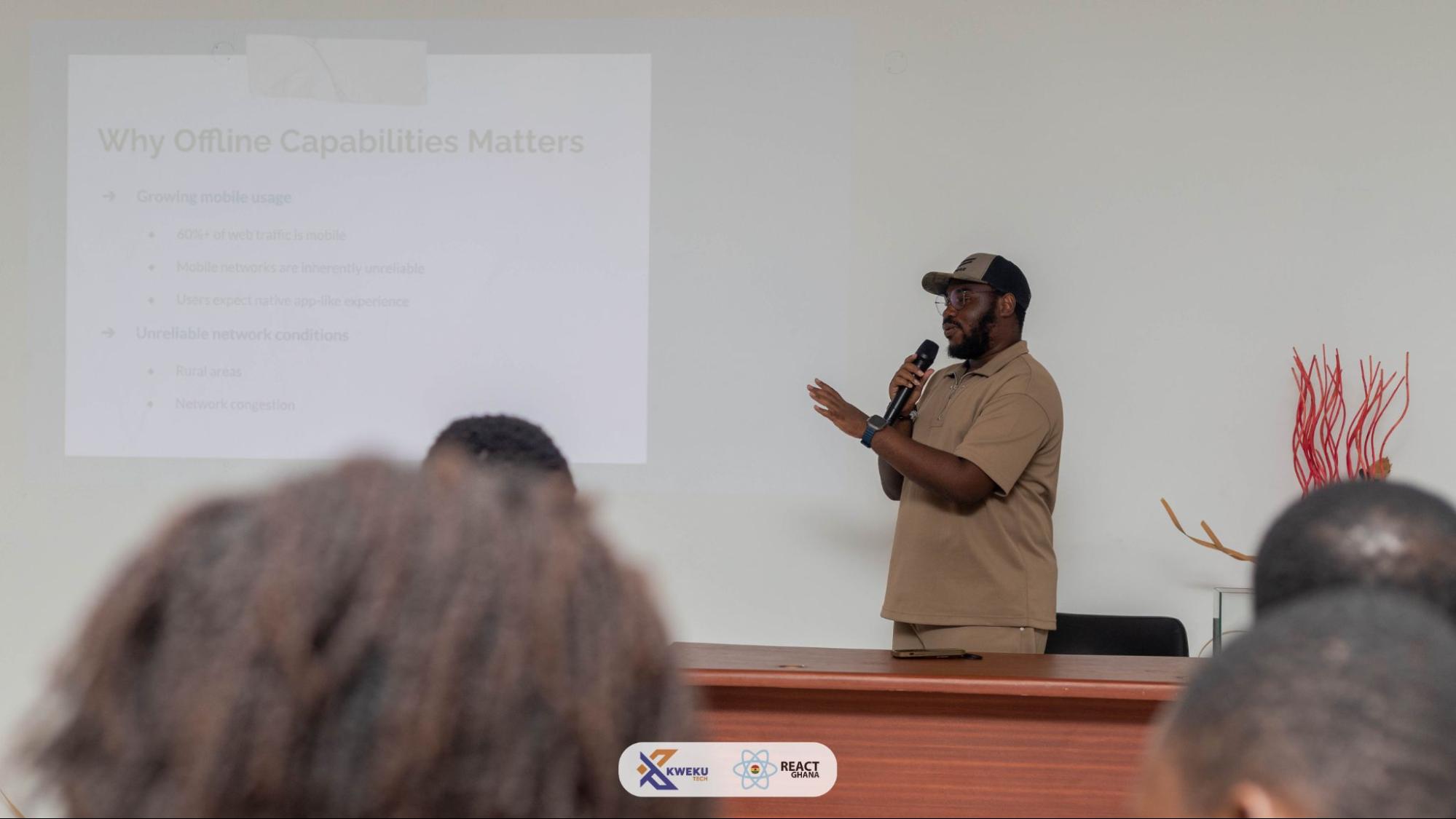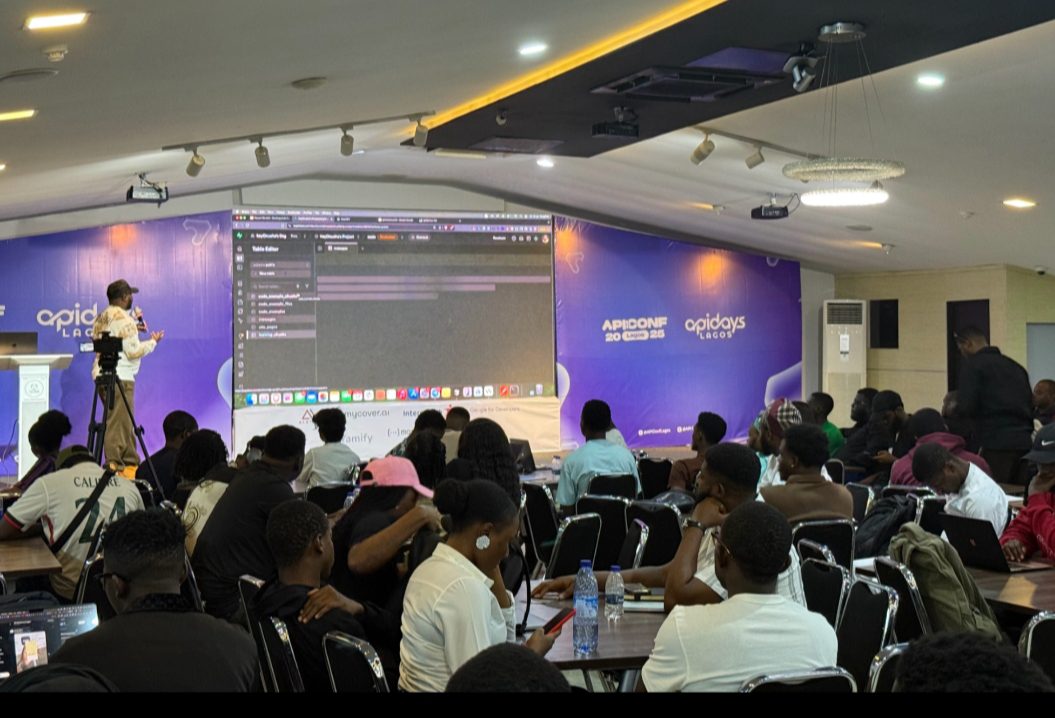







































Why Favour Onuoha is betting on blockchain education to train the next wave of Web3 leaders
 AMERICA
AMERICA
 AMERICA
AMERICA
 WORLD
WORLD
 RON
RON
 SWING
SWING
Globally, the Web3 ecosystem has been moving at lightning speed in the last few years. Electric Capital’s 2023 Developer Report states that more than 34,000 developers contributed code to open-source crypto projects. But despite this surge, only 30 per cent of those developers were still active after 12 months.
Behind the excitement of blockchain’s growth lies a sobering reality, retention is poor, and the lack of structured education is a major reason for that. Developers are often thrown into a decentralised world filled with complex concepts, cryptography, consensus algorithms, smart contracts, and tokenomics without proper guidance.
Documentation is often missing or fragmented, communities are siloed, and onboarding is little more than trial and error.
This fragile foundation has had serious consequences. In 2022, for instance, blockchain bridges like Ronin and Wormhole lost over $1 billion combined to devastating exploits by malicious actors.
Security failures rooted in poor smart contract practices and flawed architectural assumptions revealed the high cost of inexperience. The World Economic Forum has since underlined the urgent need for inclusive blockchain upskilling to avoid repeating these mistakes.

Global funding into blockchain projects has reached billions, but the developer experience lags far behind. For the promise of Web3 to become reality, blockchain needs more than code. It needs better education, community support, and leaders who can demystify the technology for the next generation of builders.
That is where Favour Onuoha comes in.
Onuoha, a developer relations engineer at Swing Finance, is not just a blockchain advocate, he is building pathways for others to follow. Swing Finance, a cross-chain liquidity routing platform, is itself solving access challenges in decentralised finance. But for Onuoha, the mission goes beyond his day job.
“The biggest motivation for me is to see a world where Africa and the global South are involved in the renaissance of last-mile financial prosperity through blockchain, not just as bench warmers,” he says.
It is a statement that reveals the depth of his ambition. Onuoha’s vision goes beyond technology to inclusion. His passion is in creating structured learning paths, simplifying blockchain concepts, and mentoring communities that have historically been left out of the global conversation.
Through African-wide workshops, technical writing, and developer mentorship programmes, he has reached thousands of budding engineers.
On platforms like X (formerly Twitter), YouTube, Hashnode, Dev.to, and Metaschool, his voice carries weight. Over 150,000 followers engage with his work regularly, while millions encounter his educational resources monthly.
This influence has made him a sought-after figure at developer conferences, where his ability to break down blockchain concepts into practical, human terms has gained attention. For many first-time developers, he is a guide helping them navigate the steep learning curve of Web3.
Favour Onuoha is tackling the talent gap
Despite blockchain’s global nature, developer contributions remain concentrated in North America and Western Europe. Chainalysis data shows these regions account for nearly 60 per cent of all activity.

Meanwhile, emerging economies like Africa, Southeast Asia, and Latin America lag behind, not for lack of interest, but due to missing infrastructure, mentorship, and opportunity.
Onuoha sees this imbalance as a risk to the very ethos of decentralisation.
“If Web3 is meant to be inclusive, then education cannot be a luxury reserved for a few,” he argues.
By focusing on underrepresented regions, he is addressing one of blockchain’s most urgent challenges, widening the talent pool.
His mentorship in developer communities such as Python Accra extends beyond teaching syntax and code snippets to reshaping discussions about Web3 onboarding, retention, and long-term participation. This is especially important given the industry’s ongoing vulnerability issues.
Better-educated developers result in more secure smart contracts, stronger protocols, and, ultimately, safer adoption by end users. In this sense, education serves as both a tool for empowerment and a safeguard against billion-dollar losses.
However, Onuoha’s approach extends beyond tutorials and blog posts. It is about creating a movement. His vision is for a collaborative ecosystem in which developers in Africa and other emerging regions co-create their future rather than consume blockchain products.
He takes a human-centred approach, building communities that foster peer-to-peer learning, shared growth, and long-term commitment. Each initiative is designed with intention, from mentorship programmes to his presence on educational platforms. This intentionality, he believes, is what makes the difference.
“Education is just a means to an end,” he often reminds his audiences. The end, in his view, is participation. It is about ensuring that Africa and the wider global South are not left on the sidelines of what could be the most transformative technological shift of our time.
By overcoming the knowledge gap, Onuoha hopes that developers in these areas would not only participate, but also lead. He envisions a future in which blockchain is more than a jargon, but a vehicle for financial inclusion, trade participation, and generational wealth building.

It’s still early days. Blockchain is a very new technology, and the results of today’s educational initiatives will not be apparent overnight. However, Onuoha is clear that his job is long-term. He feels that the only way to really onboard the next wave of Web3 developers is through patience, consistency, and deliberate involvement.
In a world where many blockchain initiatives prioritise hype cycles over fundamentals, his approach is refreshingly unique. It’s less about fast wins and more about laying strong foundations.
It is unclear whether his vision will help boost worldwide acceptance. But one thing is certain: Onuoha is committed to the future of blockchain education.
To him, the promise of Web3 will not be judged in token prices or fleeting trends. It will be determined by how many people, from Lagos to Nairobi, comprehend, build, and prosper in a decentralised society.
At its core, his mission is simple yet profound, to turn blockchain believers into leaders and to ensure the next wave of Web3 builders is more diverse, inclusive, and prepared than ever before.

